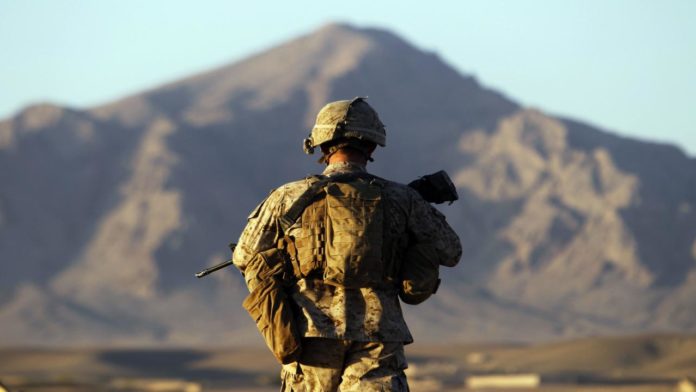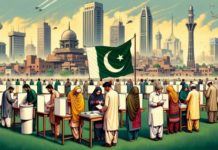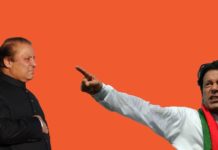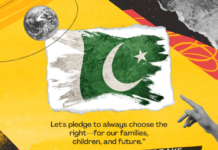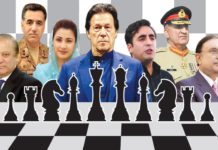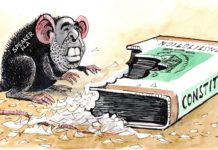“We are not in Afghanistan to build a perfect democracy.” — Richard Holbrooke
Worldwide mass mobilisations on February 15, 2003, did not succeed in stopping the US invasion of Iraq. However, these manifestations de-legitimised the Iraq war.
Another important development, gone almost unnoticed, was a split in NATO. Satraps guarding empire’s European outposts were forced by mass mobilisations to refuse in joining Bush’s crusade to conquer Babylon. For a while, the Iraq war overshadowed the Afghan war. But not for long. And it is not merely the deterioration in the Afghan situation that Hindukush drew Washington’s attention yet again.
The Afghan theatre also provides the White House with an opportunity to discipline NATO allies as well as testing new East European mercenaries keen to enter NATO. It is of course Obama’s political future at stake in Afghanistan that has prompted the recent surge of 30,000 US troops. The US hawks will make it impossible for Obama to run for the next term if he is seen as a dove.
Obama realises this. That was why, during his election campaign, he promised to pull troops out of Iraq. And dispatch them to Afghanistan. To further cultivate a hawkish image, he threatened to invade Pakistan in search of Al Qaeda targets. On assuming power, he has escalated the war to Pakistan. But it is not mere his personal ambitions stoking the Afghan war.
The empire, on the pretext of 9/11, arrived in Afghanistan with this country’s strategic importance in mind. The US strategy since the collapse of the Soviet Union has been to shift military presence from Europe to the Middle East and Central Asia in search of energy resources. Hence, we see a reduction in US troops’ presence in Europe from a Cold War peak of several hundred thousand to 44,000 by 2007. In consolidating the empire’s grip over Asia, NATO is supposed to share, if not bear, the burden.
An internal proof is offered by NATO Review (winter 2005). Julian Lindley-French, in her essay “Big World, Big Future, Big NATO”, advocates: “In the 21st century NATO must become an alliance founded on the Euro-Atlantic area, designed to project systematic stability beyond its borders.” She observes: “The centre of gravity of power on this planet is moving inexorably eastward. The Asia-Pacific region brings much that is dynamic and positive to this world, but as yet the rapid change therein is neither stable nor embedded in stable institutions. Until this is achieved, it is the strategic responsibility of Europeans and North Americans, and the institutions they have built, to lead the way… security effectiveness in such a world is impossible without both legitimacy and capability.”
Surrounded by gas-rich Central Asian states, oil-rich Iran while China is within a stone’s throw, Afghanistan was an ideal place to seek big future through big NATO. Not merely all 28 NATO countries are in Afghanistan without exception. There are 13 other countries. All under NATO command. However, a growing opposition to the war from Spain to Sweden is a matter of grave concern for NATO member-states. In view of this opposition, many countries have refused to station their troops in the conflict-ridden areas.
Others take responsibility for the reconstruction job only. US Defence Secretary Robert Gates has therefore been warning that the future of NATO is at risk due to the differences over Afghanistan (BBC February 7, 2008). Economist has also warned: “Defeat would be a body blow to Afghans, but also to the NATO alliance.” Economist does not, however, inform its readers that even a NATO victory will be a body blow to Afghans. After all, it is Afghan civilians paying the price with their blood to hold NATO together.


